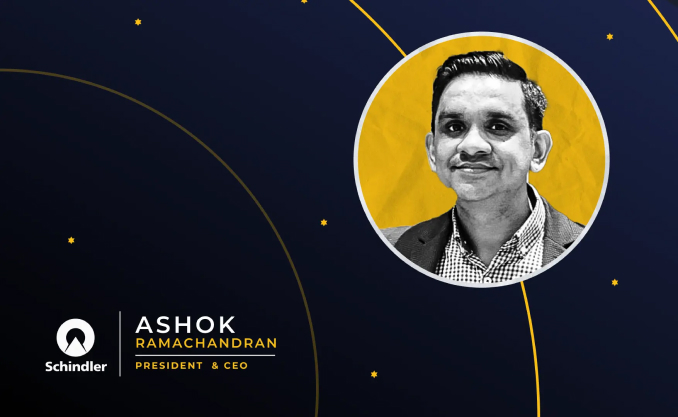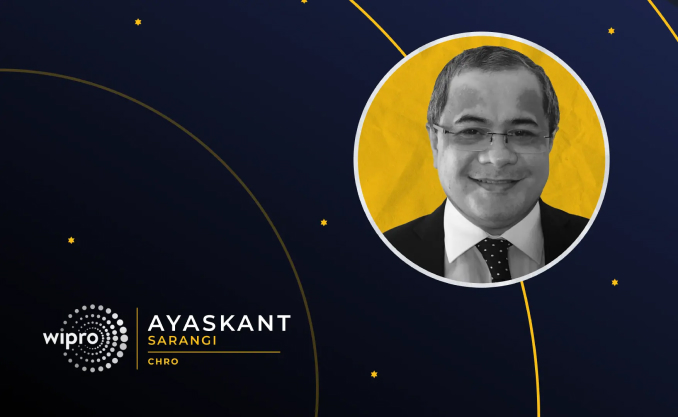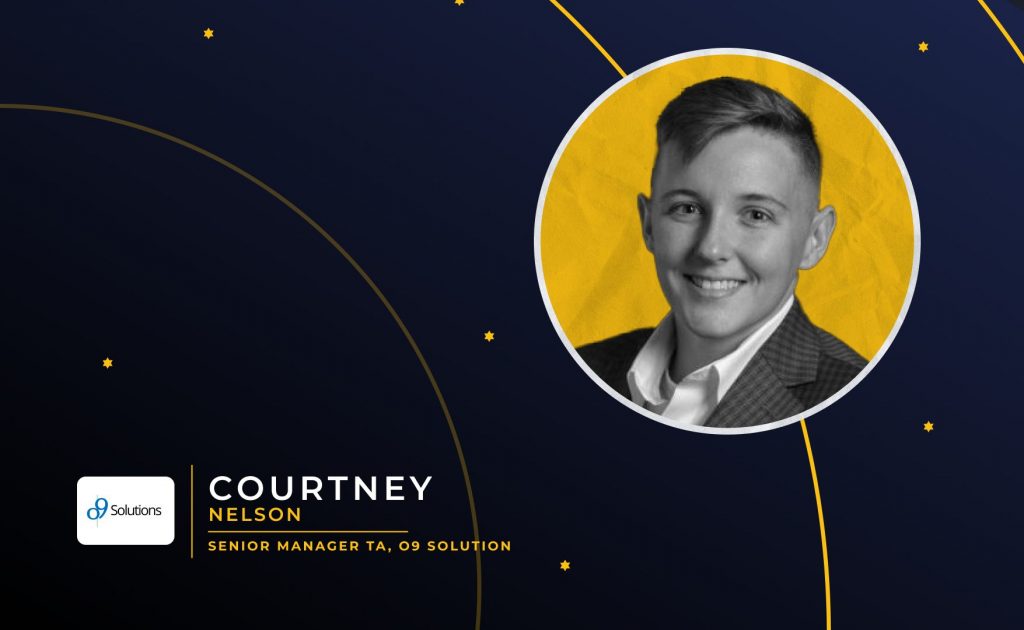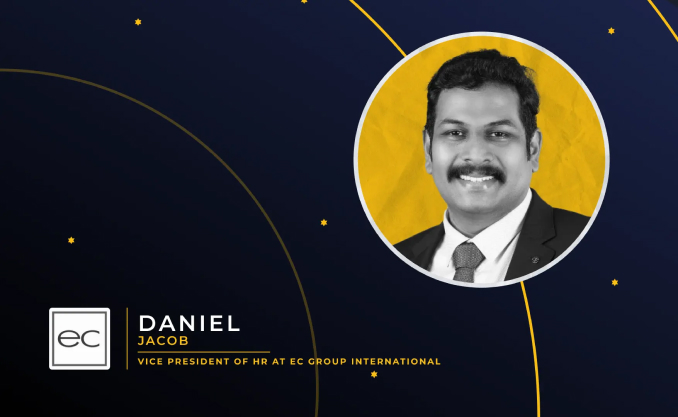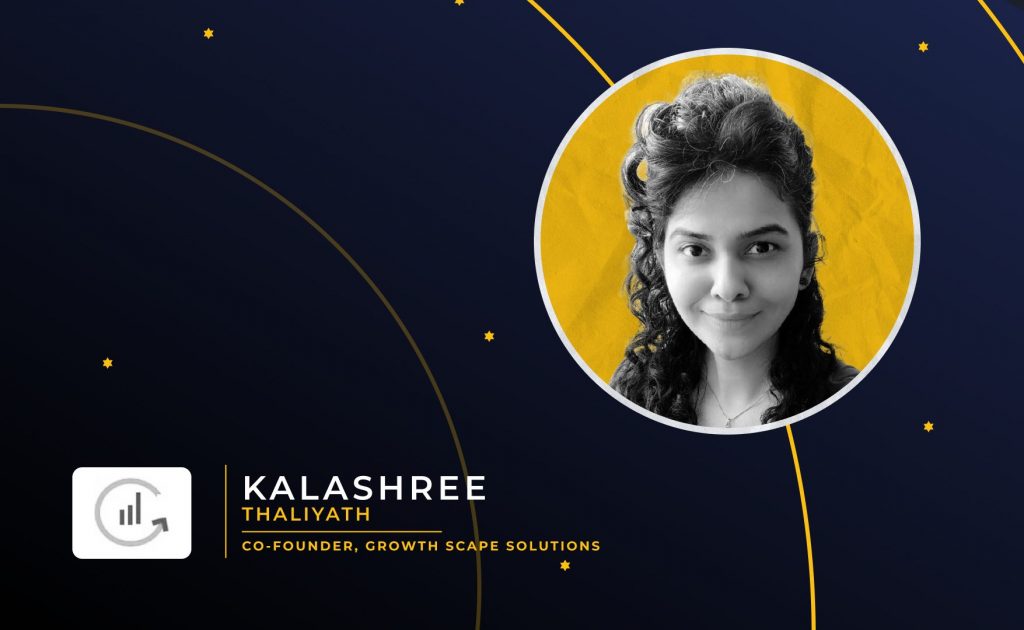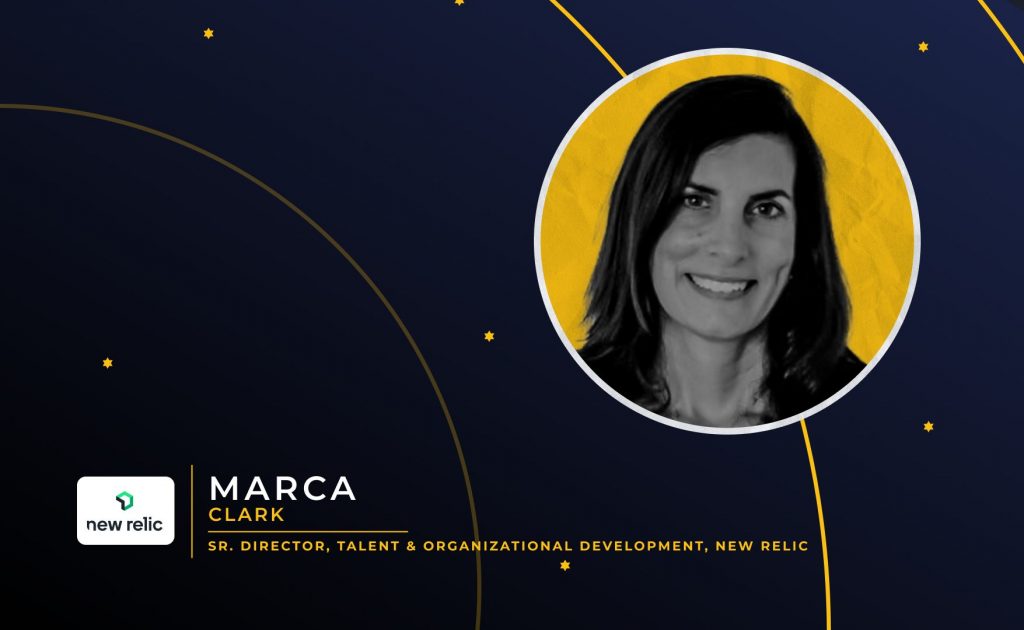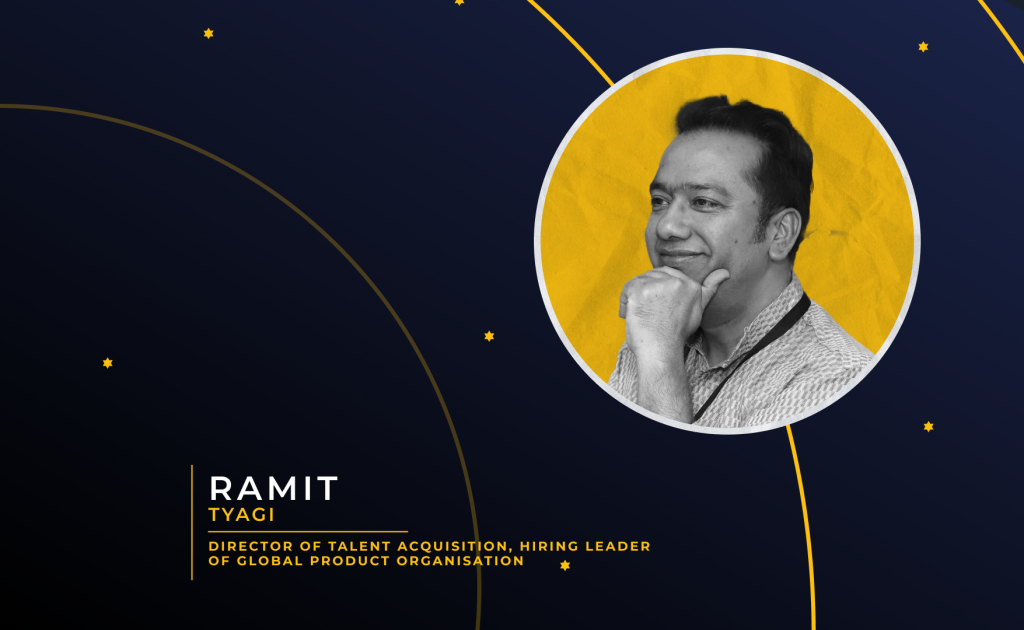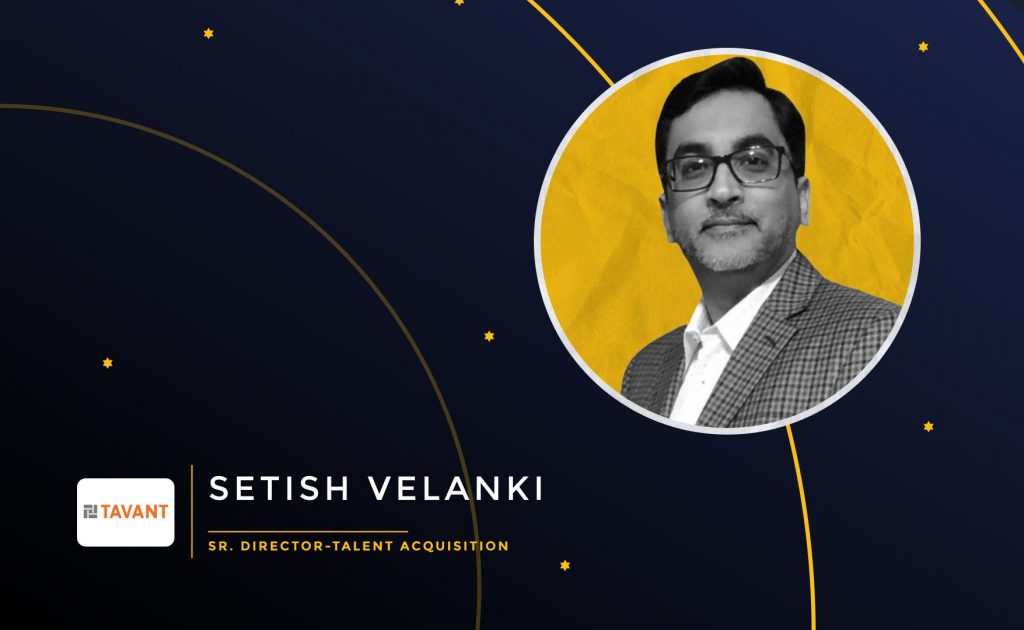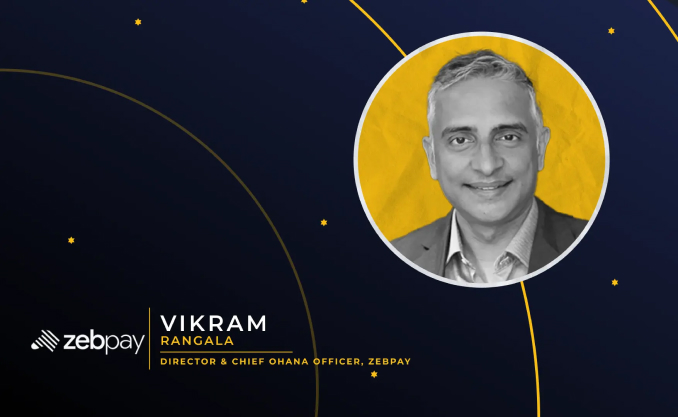With almost 40+ years of experience, Dr. Srikanth Sundararajan is currently the General Partner at VenturEast Advisors Pvt Ltd and Advisor to T-Hub. He was also previously a part of the Cognizant and HCL Group as CTO.
According to Dr. Srikanth in order to build a team you have to be able to sell your vision and dream and people need to feel comfortable and trust you.
As a leader, one thing I follow is that I would make it a point to actually try to meet as many people in different settings, like small groups during launch, and informally go out, talk which gives me a better understanding of each member in my team
My career has always been about working with something new.
When I was pursuing my Ph.D. at UIC which is a school for computer science, there were a lot of open-source projects ongoing. We had the evolution of client servers, hardware coming up and X Windows launching. So it was really awesome to be exposed to such a research environment. I also met with a bunch of really cool US people such as Bill Jolly the founder of Son, Steve Wozniak, and Dave Packard.
If there was something new launching I’d always be a part of it. For example, there was DevOps Aviation 0.0 which was not considered very important back then but now it is a mainstream course. I have also worked as a CTO and COEs for a couple of organizations. Now that COVID is over and once you’re 60 not out you want to take a step back and start giving. So that’s where I am currently, being a part of THub and helping MSR and Telangana government.
My first pivotal moment was when I decided to build a startup. I used to work for one of the leading database companies where I earned a six-figure salary. And at that time I took this leap. Though the initial six months felt like it was a bad decision since then I’ve never looked back.
For a startup to survive it has to be agile because things are changing quite rapidly and it’s more competitive than ever before.
It was in the middle of a recession that I began my first startup. We were quite lucky to set up our office very frugally and things also were cheap at that time. Starting off we were lucky, however, within 6 months, things started falling into place. So then we could actually kind of deploy more resources, focus more and build it up. And for the first six years of that startup, we boosted because I didn’t know what venture capital was sitting in the Valley and no one knew what DevOps was. So everything was a challenge at that time. So we learned a lot during those first six years.
The potential is considered based on the traction and some customer feedback that the idea obtains.
The potentiality of an idea is based on four things and can be given as:
- There should be a big impact
- The idea should be unique
- A minimal amount of traction
- Is the team well-balanced?
So you have to be very precise when it comes to investing and knowing about the potential of a startup.
Leadership skills and the engagement of leaders with each member individually will play a role in building a team.
I recently built a team where I included really good mentors. One thing you have to keep in mind while building a team is that you have to be able to sell your vision and dream and people need to feel comfortable and trust you. That’s number one and it will not change. Apart from this, you have to have a good mission and vision and get people excited about their roles.
As a leader, one thing that I follow is that I would make it a point to actually try to meet as many people in different settings, like small groups during launch, and informally go out, talk which gives me a better understanding of each member in my team. Hence leadership skills are very important. The second is building a product and selling it. However, this will not be possible without having good HR practices and good financial discipline in place. You’re not building a company just to make money, so it has to be perfect.
Capital efficiency is one of the larger metrics that startups are looking at, especially in an ever-changing market.
Startups are now tracking records of how the capital is being spent and how much money can be saved in various roles. Also one of the major things to remember would be to dream big but act pragmatically and that is the way you mitigate risks. Don’t take a very big step without making sure that things are in the right direction.
Also if there’s anything wrong with the decision, I ensure to mention my views and guide them but eventually, the decision remains in their hands.
Unless and until you are sure about your needs in an organization and hire accordingly it is not going to be a good place to work in.
You might have younger generations working in an organization, however, it doesn’t matter as you can still find some good talents among them that fulfill your demands. One of the main motives here is to optimize your HR practices and understand who you really need to hire. There is also technology to help you nowadays. People can interact more digitally, are much more efficient, and can provide a lot more help. And people are aware of stressful situations. Especially today there are a lot of signals. We are more aware that there are mental stress issues and family issues, and that’s all people want. They want to be able to kind of be recognized that they have issues and it’s not a bad thing.
I set my own discipline and that has just become a way of life for me.
No matter what level I am at be it CEO, CTO, or COO, I manage most of my schedules. However, being an investor it can take a few turns but eventually, I do manage most of my schedule. But yes I do take out enough time to reflect on my day and being the kind of solo person I am I need to write my thoughts down or reflect on them otherwise I become much more kind of reactive
If I had one piece of advice for entrepreneurs it would be don't give up on your dream, but when you act, act very practically and make sure you're able to communicate your value proposition very clearly and with conviction.
If you are an entrepreneur you need to follow these three things. Because if you do not have a dream or a vision and if you’re not able to communicate effectively then it’s going to be tough.
As far as aspirant investors are considered there is only one piece of advice and that is to spend some quality time with seasoned entrepreneurs or people who have done investing so that you understand why and how they’re approaching it.







